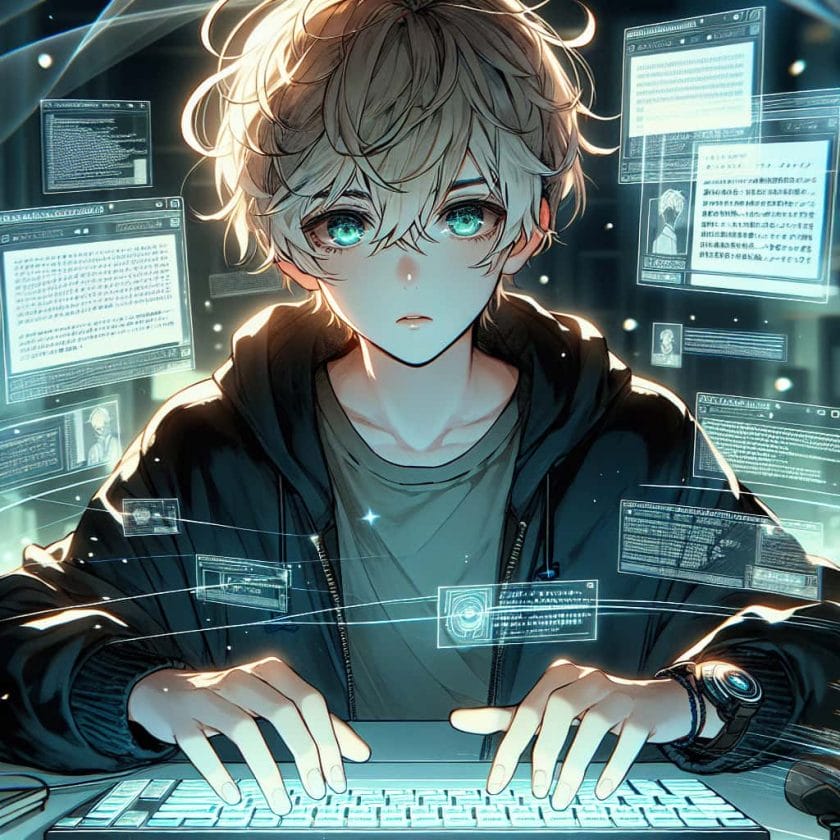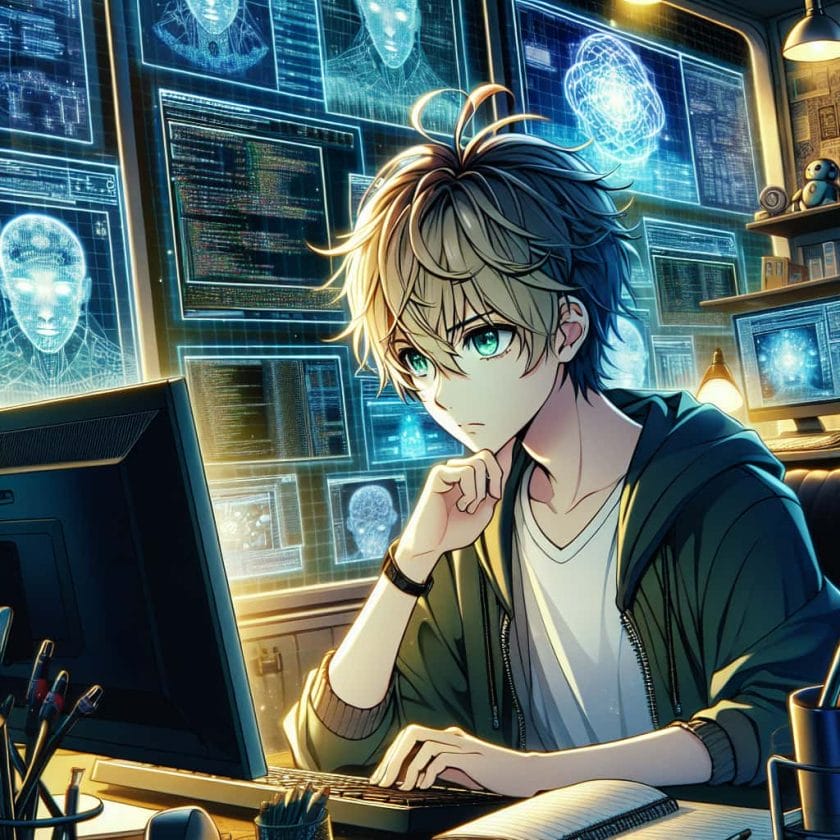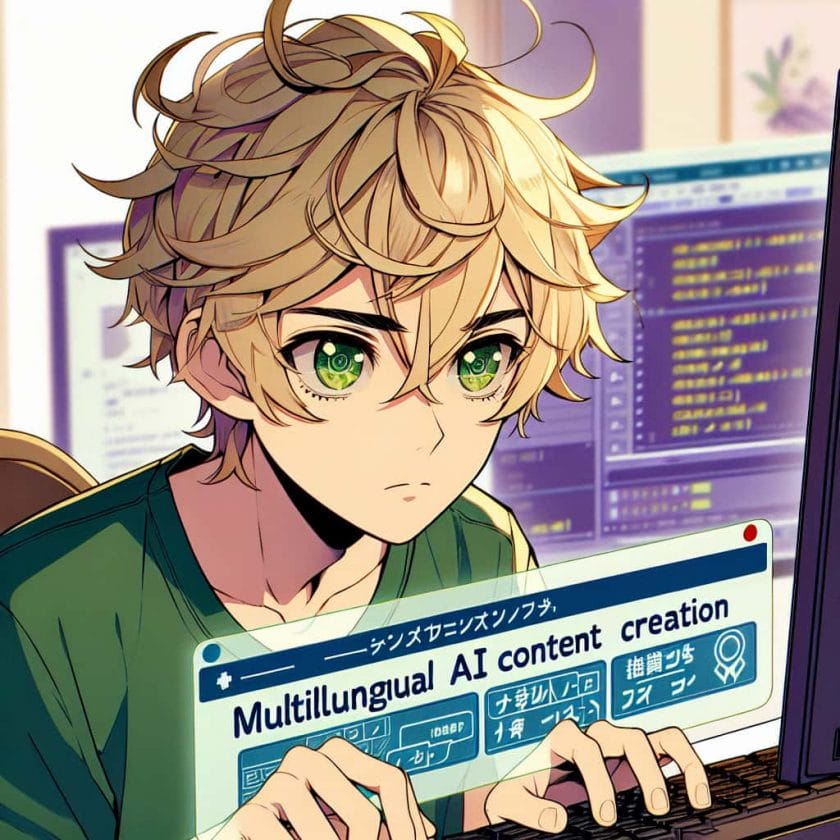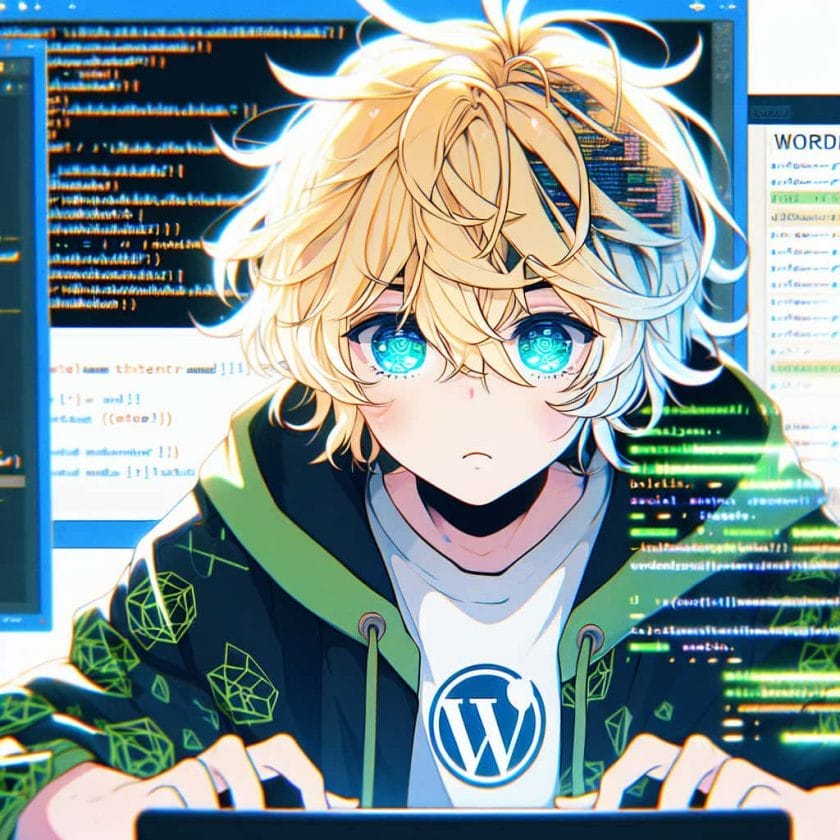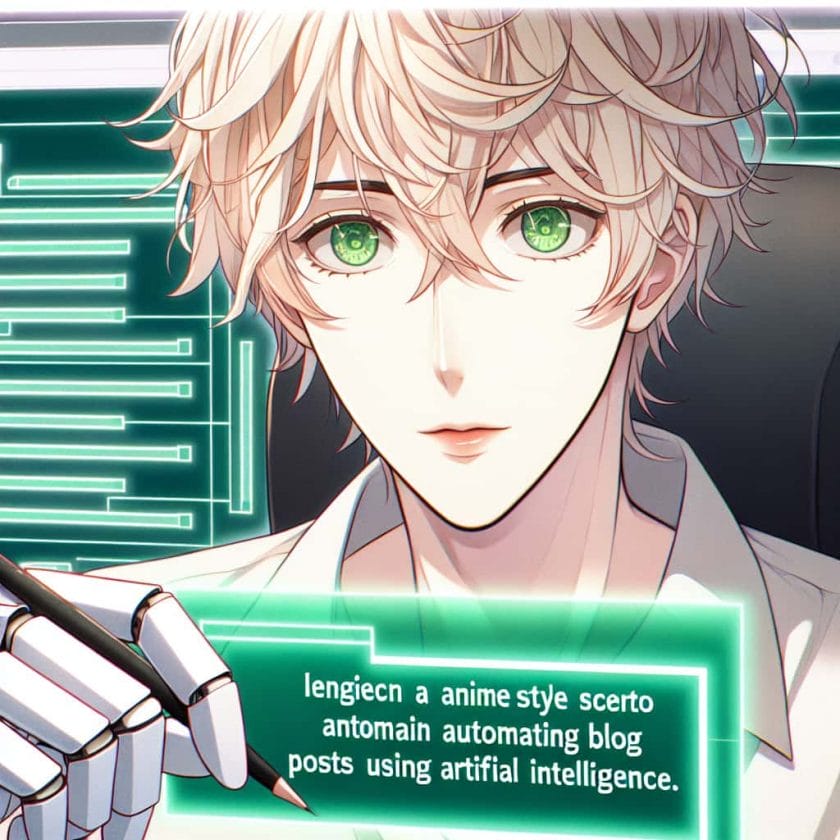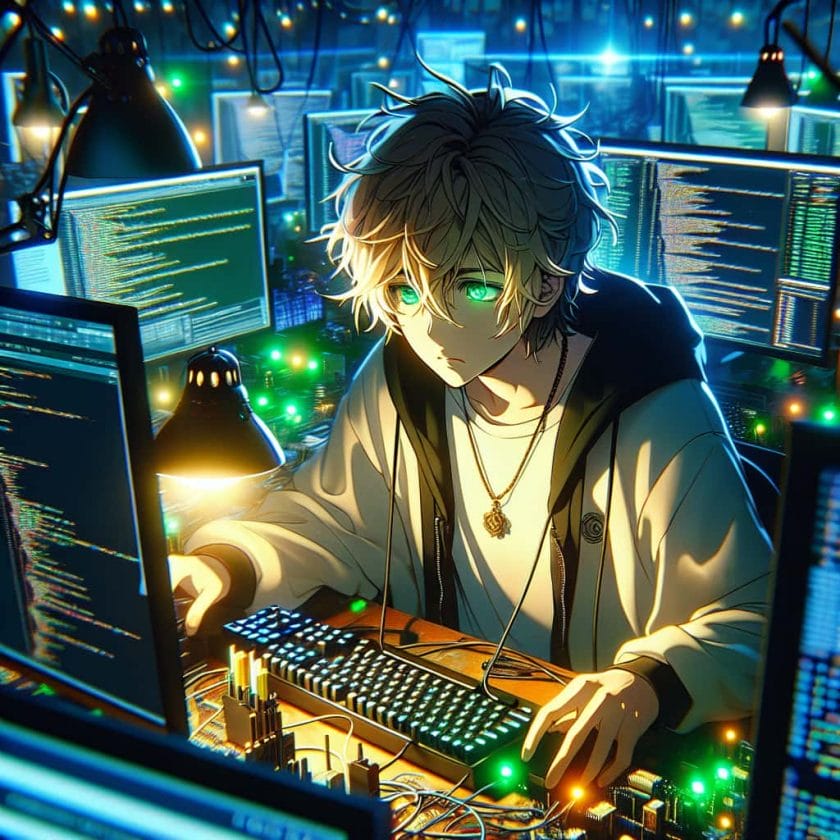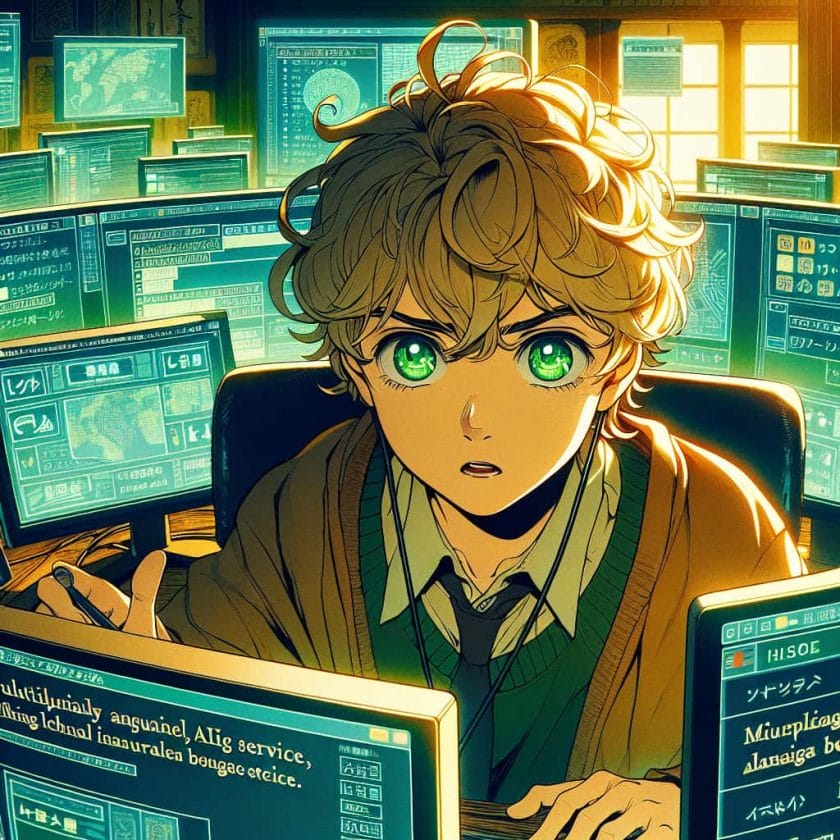“Will OpenAI Codex revolutionize the programming industry by replacing human programmers? This is the question that has been looming over the tech world as AI continues to advance. Let’s explore the possibilities and potential impact of this groundbreaking technology.”
What is OpenAI Codex?
OpenAI Codex is a powerful AI programming tool created by OpenAI, an artificial intelligence research laboratory consisting of the brightest minds in the field. The tool is designed to help developers write code more efficiently and effectively by providing them with suggestions and even writing entire blocks of code for them.
Codex uses natural language processing (NLP) to understand human language and translate it into code. It has access to vast amounts of programming knowledge, including popular libraries, frameworks, and APIs. This allows it to quickly generate code that is both accurate and efficient.
One of the most exciting things about Codex is its potential to revolutionize the way we think about software development. With this tool at their disposal, developers can focus on higher-level tasks like designing systems and solving complex problems, while leaving the tedious work of writing boilerplate code to the machine.
How does OpenAI Codex work?
Codex works by analyzing natural language inputs from developers and generating code that matches their intent. For example, if a developer types “create a function that sorts an array,” Codex will generate a block of code that does just that.
The tool uses machine learning algorithms trained on massive amounts of data to improve its accuracy over time. As more developers use Codex, it becomes better at understanding common programming patterns and producing high-quality code.
Codex also has access to a vast library of pre-existing code snippets, which it can use as building blocks when generating new code. This helps ensure that the generated code is not only accurate but also follows best practices and industry standards.
What are the capabilities of OpenAI Codex?
The capabilities of OpenAI Codex are truly impressive. Some examples include:
Generating code snippets
Codex can generate code snippets for a wide range of programming languages and frameworks. This includes everything from simple functions to complex algorithms.
Autocompleting code
Codex can suggest code completions as developers type, helping them write code more quickly and efficiently.
Debugging code
Codex can help developers identify and fix bugs in their code by suggesting potential solutions based on the error messages they receive.
Can OpenAI Codex write code?
Yes, OpenAI Codex is capable of writing entire blocks of code for developers. However, it’s important to note that Codex is not a replacement for human programmers. While it can generate high-quality code quickly and efficiently, it still lacks the creativity and problem-solving abilities that humans bring to the table.
Instead, Codex should be seen as a tool that helps developers work more effectively by automating tedious tasks like writing boilerplate code or debugging simple errors. This frees up time for developers to focus on higher-level tasks like designing systems and solving complex problems.
Is OpenAI Codex capable of replacing programmers?
No, OpenAI Codex is not capable of replacing programmers. While it can automate many routine programming tasks, it lacks the creativity and problem-solving abilities that humans possess. Additionally, there will always be a need for human programmers to design systems, solve complex problems, and ensure that software meets the needs of its users.
However, tools like Codex have the potential to significantly change the way we think about software development. By automating many routine programming tasks, they allow us to focus on higher-level tasks that require human ingenuity and creativity.
What is the current role of programmers in software development?
The current role of programmers in software development is to design and build software systems that meet the needs of their users. This involves a wide range of tasks, including:
- Designing system architecture
- Writing code
- Debugging and testing code
- Collaborating with other developers and stakeholders
- Maintaining and updating existing systems
Programmers are responsible for ensuring that software is reliable, efficient, and user-friendly. They work closely with designers, project managers, and other stakeholders to ensure that software meets the needs of its intended audience.
How has AI impacted the role of programmers in recent years?
In recent years, AI has had a significant impact on the role of programmers. Some ways that AI has affected programming include:
- Automating routine tasks: Tools like OpenAI Codex can automate many routine programming tasks like writing boilerplate code or debugging simple errors.
- Increasing efficiency: By automating routine tasks, AI tools can help developers work more efficiently, allowing them to focus on higher-level tasks.
- Inspiring new approaches: AI has inspired new approaches to programming, such as machine learning and natural language processing.
- Cutting costs: By automating routine tasks, AI can help reduce the cost of software development by reducing the amount of time developers spend on tedious work.
Are there any limitations to what OpenAI Codex can do?
While OpenAI Codex is a powerful tool, there are some limitations to what it can do. Some potential limitations include:
- Limited understanding of context: Codex is only as good as the inputs it receives. If developers provide incomplete or unclear instructions, Codex may generate incorrect or inefficient code.
- Limited creativity: While Codex can generate code quickly and efficiently, it lacks the creativity and problem-solving abilities that humans possess.
- Limited ability to learn new concepts: While Codex has access to vast amounts of programming knowledge, it may struggle with new or emerging programming concepts that haven’t yet been widely adopted.
Can OpenAI Codex understand complex programming concepts and languages?
Yes, OpenAI Codex is capable of understanding complex programming concepts and languages. It has access to vast amounts of programming knowledge, including popular libraries, frameworks, and APIs. This allows it to quickly generate code that is both accurate and efficient.
Codex also uses machine learning algorithms trained on massive amounts of data to improve its accuracy over time. As more developers use Codex, it becomes better at understanding common programming patterns and producing high-quality code.
How does OpenAI Codex compare to other AI programming tools currently available on the market?
OpenAI Codex is one of the most advanced AI programming tools currently available on the market. Some ways that it compares to other tools include:
- Breadth of capabilities: Codex has a wide range of capabilities, from generating code snippets to debugging existing code.
- Accuracy: Thanks to its access to vast amounts of programming knowledge and machine learning algorithms, Codex is highly accurate.
- Integration with popular tools: Codex can integrate with popular programming tools like VS Code and GitHub, making it easy for developers to incorporate it into their existing workflows.
Will companies start using OpenAI Codex instead of hiring human programmers in the future?
It’s unlikely that companies will start using OpenAI Codex instead of hiring human programmers in the future. While Codex is a powerful tool, it lacks the creativity and problem-solving abilities that humans possess. Additionally, there will always be a need for human programmers to design systems, solve complex problems, and ensure that software meets the needs of its users.
However, tools like Codex have the potential to significantly change the way we think about software development. By automating many routine programming tasks, they allow us to focus on higher-level tasks that require human ingenuity and creativity.
What are some potential benefits and drawbacks of using OpenAI Codex for software development?
Some potential benefits of using OpenAI Codex for software development include:
- Increased efficiency: By automating routine programming tasks, developers can work more efficiently.
- Better code quality: Thanks to its access to vast amounts of programming knowledge and machine learning algorithms, Codex can generate high-quality code quickly and accurately.
- Limited errors: Because much of the code is generated automatically by Codex, there may be fewer opportunities for human error.
Some potential drawbacks of using OpenAI Codex for software development include:
- Lack of creativity: While Codex can generate code quickly and accurately, it lacks the creativity and problem-solving abilities that humans possess.
- Cost: While Codex may help reduce the cost of software development by automating routine tasks, it may also require significant investment in terms of training and integration with existing workflows.
- Limited understanding of context: Codex is only as good as the inputs it receives. If developers provide incomplete or unclear instructions, Codex may generate incorrect or inefficient code.
How might the use of AI programming tools like OpenAI Codex impact job security for programmers?
The use of AI programming tools like OpenAI Codex has the potential to impact job security for programmers. By automating many routine programming tasks, these tools may reduce the demand for human programmers in some areas.
However, it’s important to note that tools like Codex are not capable of replacing human programmers entirely. There will always be a need for human programmers to design systems, solve complex problems, and ensure that software meets the needs of its users.
In addition, AI programming tools have the potential to create new jobs in areas like machine learning and natural language processing. As these technologies become more prevalent, there will be a growing need for skilled professionals who can develop and maintain them.
Are there any ethical concerns associated with using AI to write code instead of humans?
There are some ethical concerns associated with using AI to write code instead of humans. Some potential issues include:
- Bias: Because AI is only as good as the data it’s trained on, there is a risk that bias could be introduced into generated code if the training data is biased.
- Job displacement: As discussed earlier, the use of AI programming tools has the potential to impact job security for programmers.
- Responsibility: If something goes wrong with software generated by AI, it may be difficult to assign responsibility or determine who is at fault.
It’s important for developers and companies to be aware of these ethical concerns and take steps to mitigate them. This may include careful selection of training data, investing in employee training and development, and ensuring that appropriate safeguards are in place to prevent errors or accidents.
What might be some implications for the future of software development if tools like OpenAI Codex become more widely adopted?
If tools like OpenAI Codex become more widely adopted, we may see several implications for the future of software development. Some potential outcomes include:
- Increased efficiency: With routine programming tasks automated by AI, developers will be able to work more efficiently and focus on higher-level tasks.
- New roles and responsibilities: As AI becomes more prevalent in software development, we may see new roles emerge that focus on developing and maintaining these tools.
- New approaches to problem-solving: As AI becomes better at generating code, we may see new approaches emerge for solving complex problems in software development.
- Better quality software: Thanks to the accuracy and efficiency provided by AI programming tools, we may see an overall improvement in the quality of software produced.
Overall, while there are both benefits and drawbacks associated with using AI programming tools like OpenAI Codex, they have the potential to significantly change the way we think about software development. By automating routine tasks and allowing developers to focus on higher-level tasks, these tools may help us build better software more efficiently than ever before.
In conclusion, while OpenAI Codex is an impressive tool that can assist programmers in their work, it is unlikely to completely replace them. Programmers bring a unique set of skills and knowledge to the table that cannot be replicated by AI. However, incorporating Codex into their workflow can certainly enhance their productivity and efficiency. If you’re interested in exploring how AI can benefit your business, feel free to get in touch with us and check out our AI services. We’d love to help you harness the power of this exciting technology!
https://www.researchgate.net/publication/368679501/figure/fig2/AS:11431281127816123@1679163025525/Control-flow-duplication-for-columnar-array-accesses_Q320.jpg
Is OpenAI going to replace programmers?
Semafor reports that OpenAI has hired a large number of international contractors to assist in the training of its AI technology. Some of these contractors are teaching software engineering to the AI, which could potentially lead to the automation of certain coding tasks traditionally performed by humans. This development was reported on January 27, 2023.
Will Codex replace developers?
Codex can accelerate the pace of innovation by eliminating the need for developers to spend time manually searching for ways to debug their code or find supporting software packages. According to Manning, Codex provides significant benefits that can help developers streamline their work.
https://www.researchgate.net/publication/365262311/figure/tbl2/AS:11431281095904080@1668050724572/Summary-of-the-manually-evaluated-programming-exercises_Q320.jpg
Will GPT 4 replace programmers?
Will GPT 4 be able to replace programmers? No, GPT 4 will not completely replace programmers as it may have the ability to automate certain aspects of programming, like generating code and documentation. However, it cannot replace the essential human skills of creativity and critical thinking that are needed for developing complex software.
Will ChatGPT replace junior developers?
According to Lucjan Suski, CEO and Co-Founder of Surfer, ChatGPT or Natural Language Processing (NLP) technology cannot replace developers in the near future because it lacks flexibility when it comes to different programming languages. However, it can still be a valuable asset for developers.
Will AI get rid of programmers?
Although it may take several years for AI technology to completely replace coding professionals, particularly for complex software development tasks, advancements in AI will likely render some jobs unnecessary in the future according to O’Brien.
Will AI replace programmers 2023?
Although AI is currently being utilized to enhance software engineering, some individuals worry that it may eventually replace human developers altogether. However, it is improbable that AI will replace high-value software engineers who create intricate and groundbreaking software.

